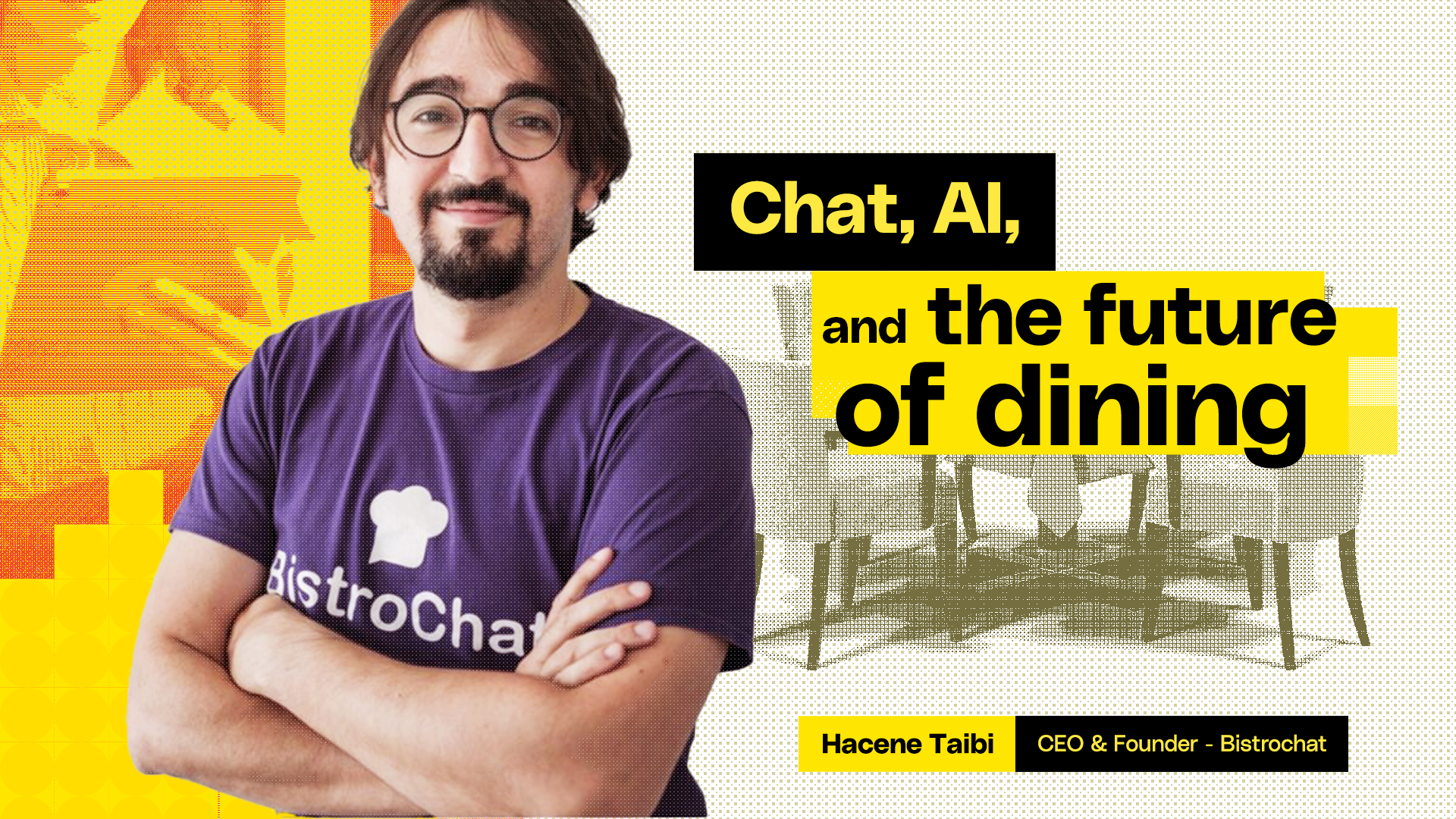

In the early stages of your business, whether you are creating a product, tech system, or social media platform, you’ll find yourself going after investors in the hope to win their financial support. You’ll spend hours preparing your presentation, talking points, and how you’ll present your idea in its very best light. But here’s why you should present your rough, unrefined product to investors.
Baba Shiv, neuroscientist and Standford marketing professor, found that when his business students presented their prototypes for the class to critique, the perfectly printed objects were more heavily criticised than the rough prototypes.
“If you present a polished prototype others will only find flaws. If you present a rough prototype others will see potential.”
For an investor to risk their hard-earned money on you, they need to invest emotionally first. The rough prototype is a great way to engage your audience and solicit their advice on your work. It leaves room for feedback and input, generating an emotional investment that will make them feel more invested in its outcome. You’ve gotten them involved before they even realise it.
When we invest our time or mental energy into something, we care more about its outcome. We have put ourselves in the thick of it and feel driven to achieve a product’s potential. Angel investor Stephen Ufford explains the importance of asking for advice, not money in his Forbes article.
Advice gets the investor engaged instantly, gives you an opportunity to improve your work and delight the investor when you’ve taken on their suggestion. To bring on investors, you need to play the long game. It’s not going to happen over one meeting. By focusing on their advice you create future meetings for you to engage with this person.
Venture Capitalist Ray Walia points out that, when you execute an investor’s advice, you showcase your capabilities, both in improving your product and being a collaborative worker.
Investors are people. Your job is to get them to care. By leaving space for investors to give feedback, when you succeed they’ll feel like they’ve succeeded. Not just because their bank balance has increased, but because their involvement helped achieve success. You’ve given your investor a total ego boost.
It’s important to know when to take advantage of this concept. Baba Shiv’s story works so well because his students were in their prototyping stage. The same approach can’t be leveraged on our electric car company listing, where perfection is expected. This concept works in the developing and prototyping stage, when brainstorming is key.
Don’t miss out
Don’t miss out!








